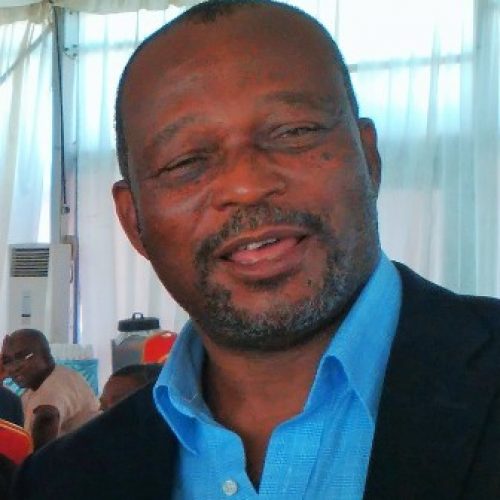Nigeria records 58m population growth in 12yrs – AAFP
• Says nation in ‘demographic trouble’ with its uncontrolled births
ABUJA – Nigeria has recorded 58 million increase in its population since it last conducted its population census in 2006, the Association for the Advancement of Family Planning (AAFP) has said.
Chairman of the coalition, Dr Ejike Oji, said in Abuja recently at a Media Roundtable preceding this year 5th biennial National Family Planning conference that the development signaled danger for the country, if it continued.
The conference was convened by AAFP, the Federal Ministry of Health, United Nations Population Fund, Mamaye, NURHI, and other partners.
Family planning is seen by health experts as a veritable means for boosting the family’s health, finances, academic pursuit (especially for children) among others.
Oji said the nation is in “a serious demographic trouble,” unless urgent measures are taken to curb its population growth, as according to him, the country is recording “the fastest growing population trajectory in recent time.”
“The National Population Commission said we have 198 million Nigerians now. And, if you do remember, in 2006 when we did our last census, we were 140 million. Now, we are over 198 million. That means we’ve added 58 million in 12 years. That is the fastest growing population trajectory in recent time. So, we are in a serious demographic trouble unless we watch it,” he stated.
He said the theme for this year conference, “Investment, Innovation and Inclusiveness,” wants Nigerian government, especially states and local governments in Nigeria to commit significant resources to family planning; devise means for increased access to commodities and services; and ensure that all persons who could use family planning commodities get them in the country.
“In terms of investment, we are worried as an association that not much investment is being made at sub-national levels, that is talking about the states and local governments. We want to see much commitment from that area. The Federal Government has done so well that now they’ve provided about four million naira for family planning commodities, even though that is not enough, but it is a departure from zero allocation. Federal Government also made a commitment to London FP Summit that happened in 2012, we rebased our commitment. We did say that by the year 2020, we are going to increase our family planning uptake to 27. As we speak now, we are oscillating between 10 and 14 percent,” he said.
He said of the reason Nigeria faces crisis with its fast-growing demography: “The reason is that the population growth rate is 3.2, and our national development rate is far below that 3.2. That means every year, we are increasing the population and we are getting poorer as a country. Remember recently that the World Bank came out and said that Nigeria houses the largest poor people in the world.
“About 80 million Nigerians are actually poor. So, we’ve overtaken India. Remember India, we are not anything near the India’s population. India is about 1.3 billion people, and we are 198 million. Yet, we have poorer people than in India. We are in trouble.
“Unless we invest properly now, I am very delighted that Vice President Office houses the Demographic Dividend Secretariat and he is speaking up on it. What this means, if you look globally, there are four key things that have to happen, for us to come out and reap dividends that the nation has.
“We have 60 percent of our population under the age of 40, 45 percent of our population under the age of 15. So, we have a hugely dependent population. And, the only way to reap this is to first of all slow our birth rate, we must invest massively in these youths, and what do I mean? We have to improve our health. Recently, there was a report that said we now ranked 189/191 in terms of health care.
“We need to provide adequate quality education to the mostly youth and also make sure we create spaces for them to have jobs. If we do that, we will take over Africa.”






0 Comments
No Comments Yet!
You can be first to comment this post!